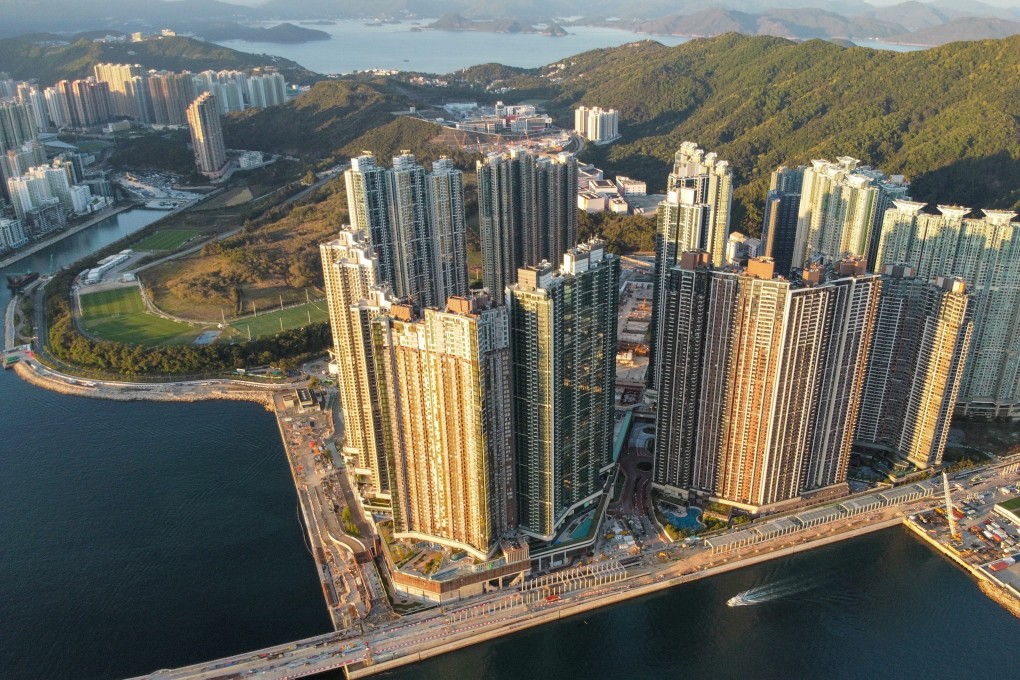My Take | The coming end of ‘property hegemony’
- Rising inequality and the deterioration of living conditions and standards among ordinary people – the alleged underlying sources of the 2019 unrest – have been blamed on the dominance of the real estate sector. Beijing may want the next chief executive to crack down

In the past two years, the central government has cracked down mercilessly on key private sectors. One count includes no less than 19 sectors, including fintech, e-commerce, social media, real estate and casinos (in Macau).
The last sector, gambling, is perhaps most relevant to the situation in Hong Kong. It has long been the mainstay of the economy of the Macau SAR, the only place in China where gambling is legal.
And, what are the mainstays of the Hong Kong SAR’s economy? Well, finance and property. Beijing has pulled out all the stops to revive and support the city’s banking and financial fortunes. But real estate? Now that’s unlikely.
Will the local property sector be the next to face a reckoning from the central government? The likely election or selection of John Lee Ka-chiu as the next chief executive does not augur well for the dominant property families. Beijing has long been unhappy with their pervasive business hold on the local economy and people’s livelihoods.
It wasn’t always like this. From the late colonial overlords to President Xi Jinping’s predecessors, the ageing property tycoons were once considered an indispensable force for stability and prosperity.
But since Xi came to power almost a decade ago, they are increasingly seen as the problem. There have been two narratives about the radicalisation of local social and political movements, including the opposition.
